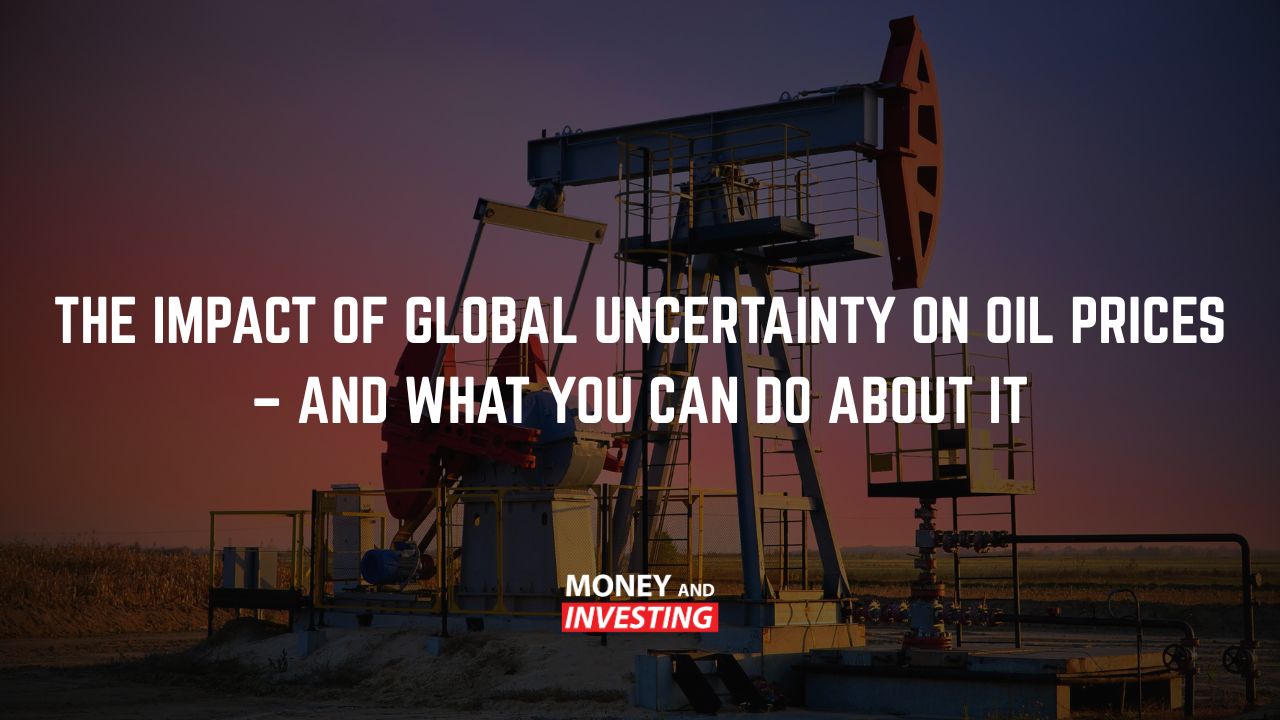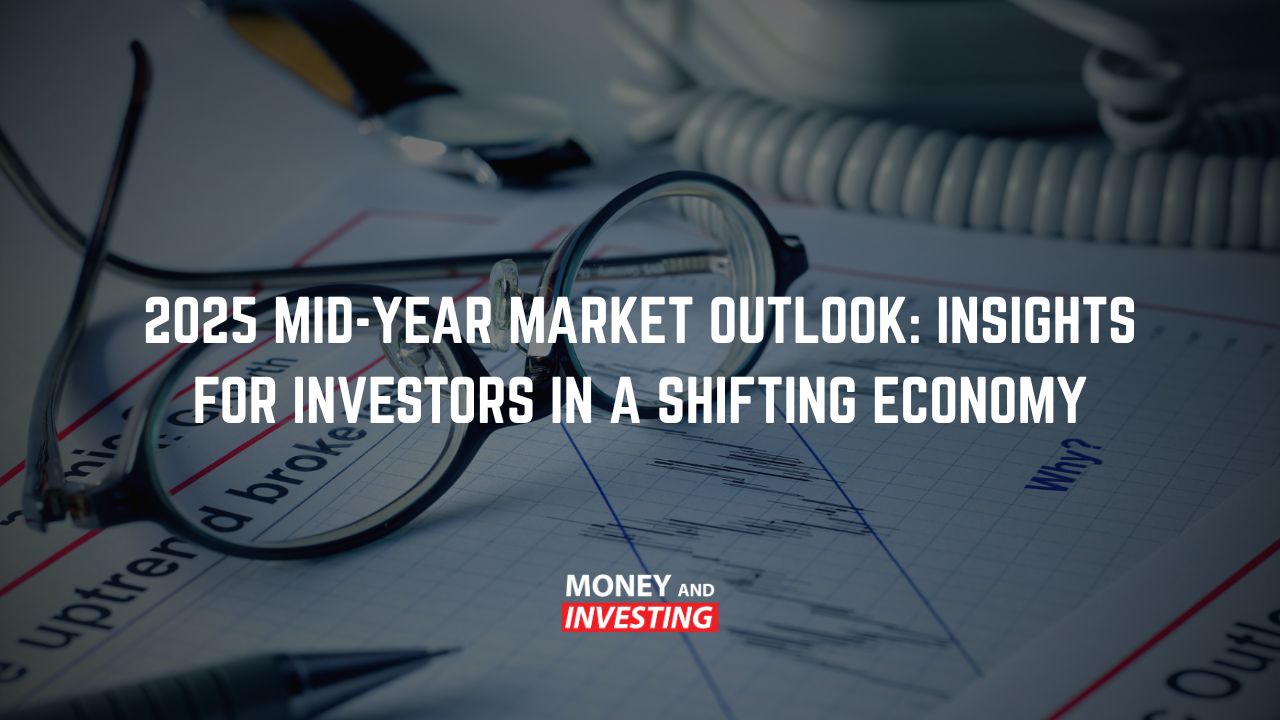If you have followed the news over the last few weeks you would have heard plenty about the banks in the US and the term “Credit Crunch”. Join us in today’s episode as we dive into what this really means and why it happens from time to time.
The Banks
The recent collapse of Silicon Valley Bank has been all over the news as it is the largest bank collapse since the GFC. Banks are always using their money to try to make more money and in Silicon Valley Bank’s case, this meant loans to tech companies as well as bond purchases. Host Andrew Baxter explains that the term credit crunch is an expression of an imbalance between these different assets and liabilities and not being able to meet their obligations. Interest rates moving higher led to bond yields moving higher which means that bond prices fell. As a result, bond prices became lower than what the bank had paid for them and as such they had a major loss on their bond portfolio. This is not a problem if you can afford to simply hold the bonds as they will expire and you will get your set return on them, but in order to meet their obligations Silicon Valley Bank was forced to sell their bonds for a loss. This loss meant there was a deficiency in their ability to meet their obligations and when they tried to raise funds, the companies holding money with them decided to jump ship – compounding the problem. Another name we saw go under was Credit Suisse which is a bank as big as Commonwealth Bank which has been around for a long time. Many were shocked to see that a bank everybody has heard of went under for similar issues but Credit Suisse had been in trouble for a couple of years before its collapse. Deutsche Bank is now on the ropes and has had issues for the last couple of years as well, so they may be the next one to look out for.
Retail Banks vs Investment Banks
Many banks do both retail banking and investment banking but this presents us with some issues. Host Andrew Baxter notes that there was previous legislation which forced banks to elect to be one or the other and they would not be able to engage in the activities of an investment bank if they were a retail bank and vice versa. Since this was reversed, many have questioned the security of the banking sector. Now banks can take earnings from mortgages and other loans (from its retail banking division) and use the proceeds to make speculative trades in the market to try to make more money (in its investment banking division). This introduces a huge amount of risk to the banks and to those holding money with them as if something unexpected occurs and the bank is not properly prepared for it, then a lot of people stand to lose their money. We have seen exactly this a number of times since the lines between investment banks and retail banks were blurred.
The Emergency Funds
In both the US and Australia, there is money set aside to provide a backstop for money being held in banks in the event of a collapse. Host Andrew Baxter explains that the coverage is greater in the US than Australia, however it still is not quite sufficient. We saw this used somewhat in the US recently while the Federal Reserve also announced they would be willing to backstop the deposits where necessary. The issue is that the fears surrounding the economy can lead to further credit crunches with limited money entering the economy and those within the market remaining cautious. This then shifts to the central banks to manage interest rates to ensure that the economy remains steady but they are still slowing inflation where they need to.



